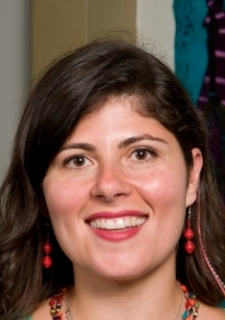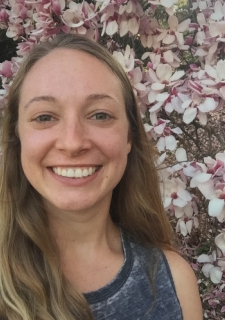The Challenge
The world is in a solid waste and plastic predicament—single use-plastic packaging is increasing in an urbanized and globalized economy in which production of food happens further from the consumer and packaging enables consumption far from the source; yet, plastics lack a circular economy that would incentivize responsible management, resulting in large accumulations of solid waste, specifically plastics which do not biodegrade.
The most common approach to eliminating accumulated trash in low- and middle- income countries is open burning—in sub-Saharan Africa, more than 75% of waste is open burned; worldwide, it is estimated at more than 600 million tons annually.
Trash breeds vectors and provides shelter and food to urban reservoirs of zoonosis, especially in the context of urbanization and poverty for many pathogens. Dengue virus (DENV), chikungunya virus (CHIKV), and Zika virus (ZIKV) are three important arboviruses with wide geographic spread and increasing impact on vulnerable human populations that are spread by the same mosquito vector (Aedes aegypti). Aedes spp. mosquitoes preferentially breed in containers, often trash or unused containers in the peri-domicile area, particularly in low-income or urban areas.
Traditionally, community-based vector control efforts have not been sustainable because they rely on volunteers to survey and control breeding sites. These efforts assume that communities are motivated to improve health. However, our proposal recognizes that individuals may not be incentivized to improve health if their basic needs are not met due to poverty. In our study site, Kwale County, there is a particularly high rate of unemployment, especially among young adults. These conditions make it difficult for volunteers to commit, since they often must leave their roles to find income to support their families. Community-based vector control programs in both Kenya and Mexico have addressed this by paying community members for vector control activities. However, these programs are rarely sustainable because they rely on a continuous stream of funding from donors or the government. We will overcome this primary challenge by providing community members with the support needed to generate income from trash to make vector control profitable.
The Approach
Trash, specifically unused containers like bottles, buckets, and tires, can be re-purposed for a variety of profitable items. As part of ongoing studies, we have conducted preliminary community meetings and identified several viable options: i) planting flowers or seedlings in containers, ii) making toys or play structures from plastic bottles and tires, and iii) making building materials for houses. During our meetings, individuals expressed interest in creating value from trash, but initial support is needed in the form of start-up funds, mentorship, and skill-building, to try out these innovative ideas and turn trash into treasure. We have secured pilot funds through BOVA to begin this work.
In summer 2019, our team will invite local entrepreneurs and community members to participate in a business incubator to develop their creative ideas and partnerships for repurposing trash in Likoni, Kenya. We are targeting three levels: i. Primary wastes collection; ii. Secondary wastes buying, sorting, and selling; iii. Tertiary wastes buying, repurposing, and sales.
This project addresses two problems: the overabundance of mosquito breeding sites and the scarcity of viable employment opportunities, especially amongst Kenyan youth.
Our approach is creative and unconventional because it aligns community incentives with those of public health experts to achieve sustainability. Our approach was informed by over a decade of experience conducting vector ecology and behavior change studies in Kenya and from reviewing the weaknesses of community-based vector control studies. The rationale underlying the current line of research is that creating an incentive will catalyze a sustainable method of reducing vector habitat in the built environment.
The Outcome
Current frameworks of mosquito life cycles indicate that decreasing the number of available sites of mosquito reproduction should decrease the number of mosquitoes and the number of new dengue and chikungunya cases in the target communities.
We will work with local entomologists to measure the abundance of Aedes aegypti mosquitoes and work with community members to qualitatively and quantitatively measure trash accumulation using a novel method, spatial video geonarratives. Measurements of vector abundance and trash will be compared pre- and post-intervention to examine environmental impact. Entrepreneurs will be followed for one year to provide mentorship, troubleshooting, and to assess quantities of trash processed and income generated.
Sustainability Strategy
Recognizing the need for sustainable and community-led solutions, our approach provides entrepreneurs with start-up support (financial and training) and mentorship and partnerships needed to generate income from trash to make vector control profitable. Community partners include Technical University of Mombasa (TUM), the local non-government organization “Strengthening Community Partnerships and Empowerment” (SCOPE), Community Health Units (CHU), and plastic repurposing organizations and companies operating in Kenya. Entrepreneurs will undergo business training from TUM Business School partners to promote business growth. Entrepreneurs will be connected with a network of successful entrepreneurs in the region (Stanford Seed) to scale up profitable businesses. If the results of the intervention are promising, we will apply for further grant funding to scale up this intervention and effective business models.


